When you’re preparing meals, soy sauce is often used as a condiment. It’s salty, and adds tons of flavor to your meals. However, if you follow a vegan diet you may wonder, is soy sauce vegan? The controversy over whether or not soy sauce is truly vegan is a bit more complicated than a yes or no answer. Here I’ll explain everything you need to know so that you pick up a soy sauce at the market that you feel 100% comfortable using!
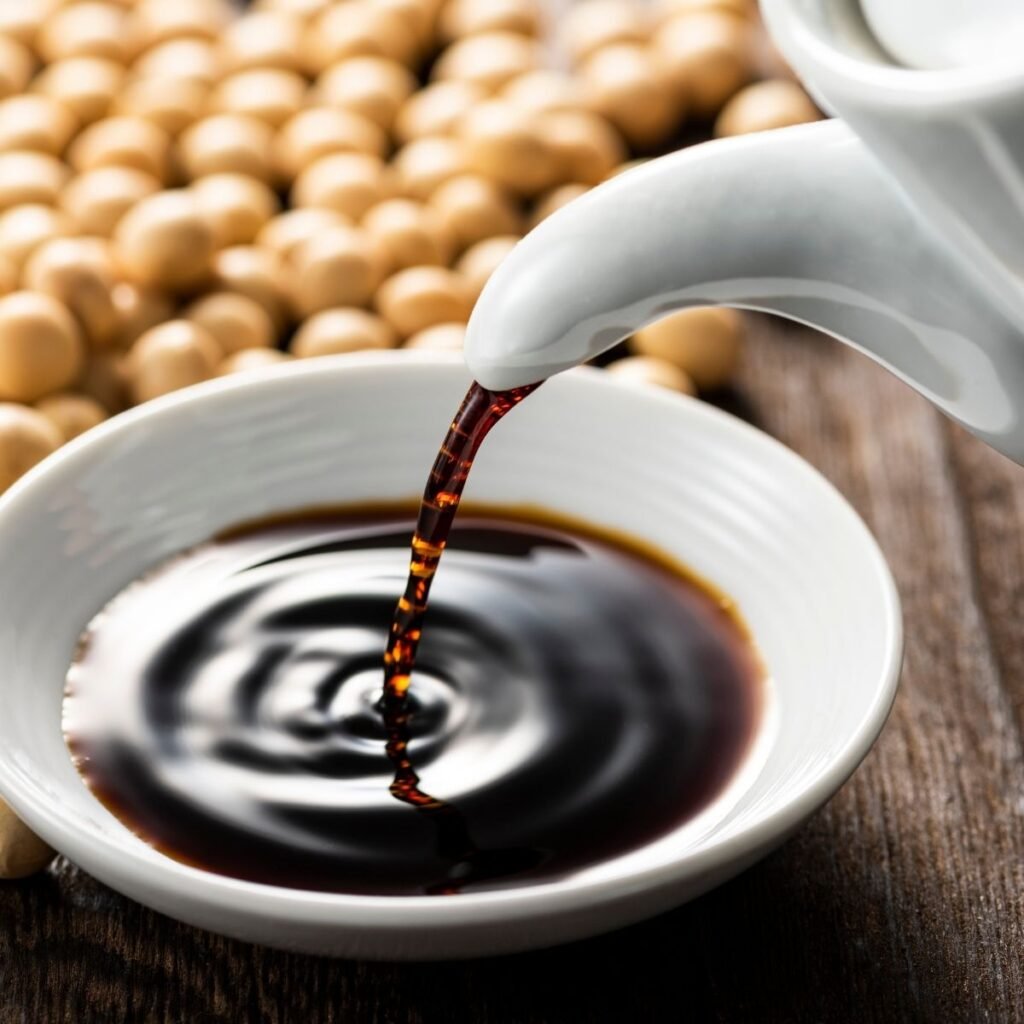
Soy sauce is a great condiment to use in a variety of recipes and cooking styles. It is most commonly used in Asian cuisine, but is also used in salad dressings, as a dipping sauce, and more!
I frequently use soy sauce in my Asian inspired recipes such as my vegan dumplings, and chop suey.
Not too long ago I got a comment on one of my recipe posts that uses soy sauce that it is not vegan.
After doing some investigation to ensure I wasn’t adding non-vegan ingredients to my recipes, I discovered there is a bit more nuance to the answer than I expected.
Most brands do not display any markings to indicate that they are a vegan soy sauce. While the ingredients listed don’t cause concern, there is a bit more investigation needed to have a clear answer.
Are there animal products in soy sauce?
The main ingredient in soy sauce are soybeans. Here is a list of the basic ingredients you will find in most brands.
- Water
- Wheat
- Soybeans
- Salt
- Lactic Acid
- Sodium Benzoate
A basic recipe includes ingredients that would not spark concern. All of these ingredients are plant friendly.
Whereas it is easier to determine non-vegan ingredients such as fish sauce in other Asian food, it’s not so simple to find non-vegan ingredients when looking at the label on a bottle of soy sauce.
The process of making it includes fermentation. Different processes are used to ferment foods such lactic acid.
Lactic acid can be found in plant sources, but also animal sources. The type of lactic acid that is used to create soy sauce is unclear by simply looking at the label.
What is also unclear is whether or not the brands that make soy sauce use animal testing.
To truly understand what is used to create soy sauce and whether or not it is free from animal testing it is best to contact the company for more information, or look at their website.
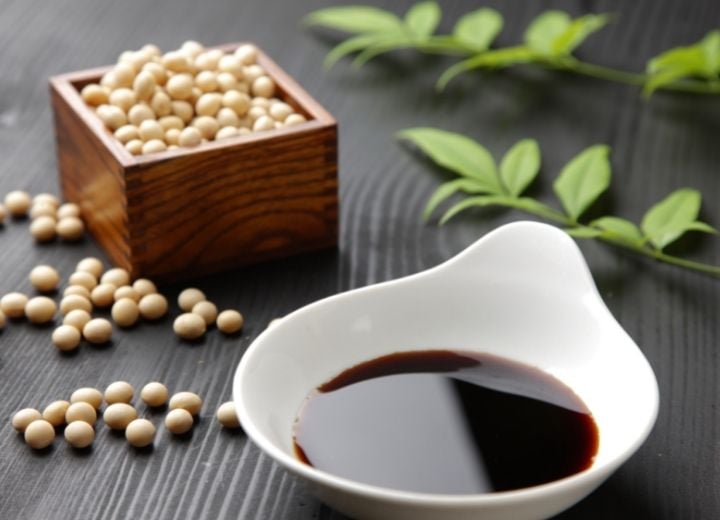
Common Soy Sauce Brands: What to Buy and What Not to Buy
Here is a list of the most common soy sauce brands along with an ingredient list for each one.
- Kikkoman Soy Sauce Regular or Kikkoman Soy Sauce Lite: Water, wheat, soy beans, salt, lactic acid, sodium benzoate.
- La Choy: Water, Hydrolyzed Soy Protein, Corn Syrup, Salt, Caramel Color, Potassium Sorbate (Preservative).
- 365 Whole Foods Soy Sauce: Water, soy beans, wheat, salt, alcohol.
- Trader Joe’s Soy Sauce: water, soybeans, wheat, salt, vinegar.
Chinese Soy Sauces
- Lee Kum Kee Soy Sauce: Water, salt, soy beans, sugar, wheat, disodium 5 inosonate, disodum 5 guanyate.
- Kimlan Soy Sauce: Water, soybeans, wheat, salt, sugar.
As you can see by reading the different labels, all soy sauces are not created equal. It is very important when you are at the store, to turn over the bottle and read the label of ingredients before purchasing to ensure you are getting the most naturally made product available, as well as one that is free of animal products, and preservatives.
I recommend staying away from soy sauce brands that list lactic acid on their ingredient label, just to be safe. I also recommend avoiding soy sauce brands that use sugar, food coloring, or preservatives, as these ingredients do not bring any health benefits.
At this time I use the Trader Joe’s brand, or the Whole Foods brand.
What types of soy sauce are there?
Traditional soy sauce is brewed and made from a fermented paste of soybeans, wheat, and brine.
Lite soy sauce has less sodium. It is similar in flavor and texture to regular and made with the same process.
Dark Soy Sauce: Thicker and slightly sweeter in flavor it is used most often to darken the color sauces.
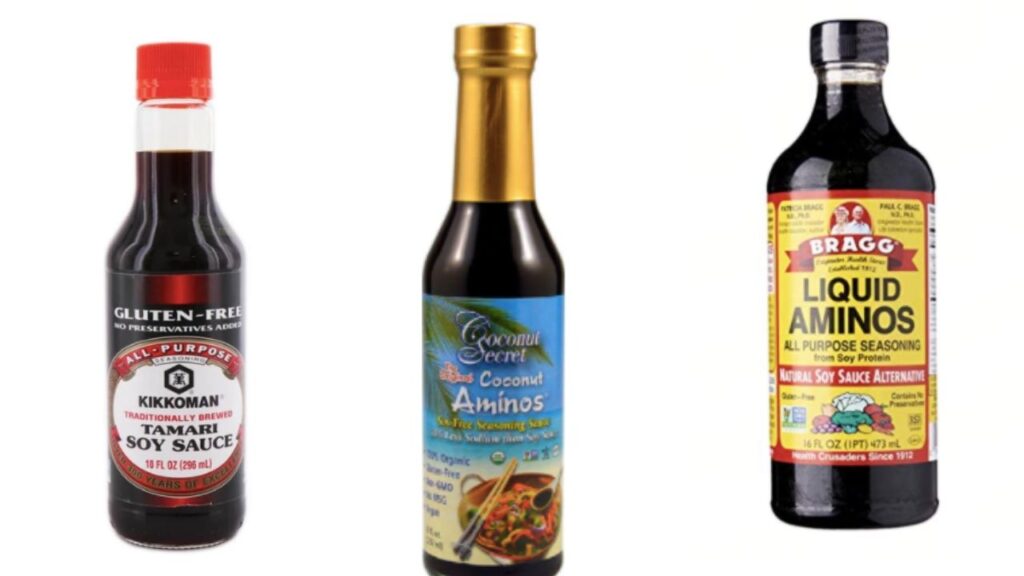
Soy Sauce Substitute
If all of this seems a bit confusing, it may be best to consider a substitute. Do not use soy sauce if you have celiac disease, are sensitive to gluten, or have an allergy to soy.
If you want to avoid soy sauce all together, but still want the same flavor, these make some excellent options.
Tamari: Gluten-free and vegan, tamari has a richer and milder flavor. Made with water, soybeans, salt, and alcohol. Do not use if allergic to soy.
Coconut Aminos: Made with coconut blossom nectar, water, and sea salt this is a healthier option, as it contains half the sodium of regular soy sauce. It is naturally vegan and gluten-free, and a great option for those allergic to soy products.
Bragg Liquid Aminos: Also made with soy, this gluten-free liquid seasoning is specifically listed on the label as certified vegan. It contains vegetable protein from soy beans, and water. Do not use if allergic to soy.
In Conclusion
Is soy sauce vegan? A bottle of soy sauce is vegan if it is fermented with a vegan lactic acid. If you do not want to run the risk of buying a non-vegan soy sauce, use one of the alternatives such as tamari, coconut aminos, or liquid aminos.
Check out these other vegan tips!
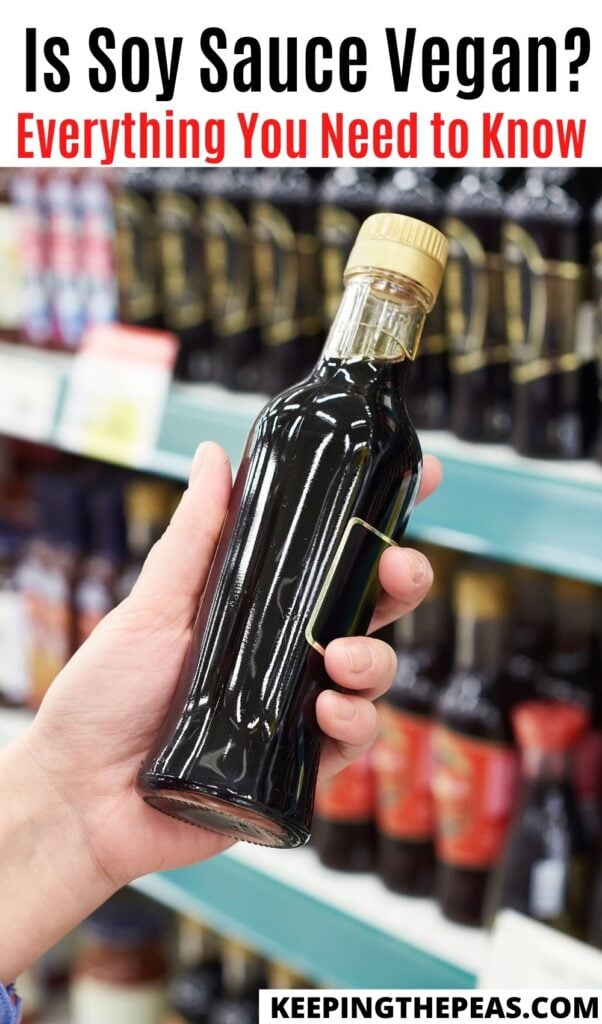
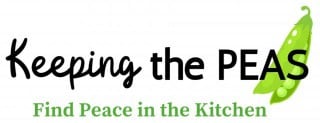


Leave a Reply